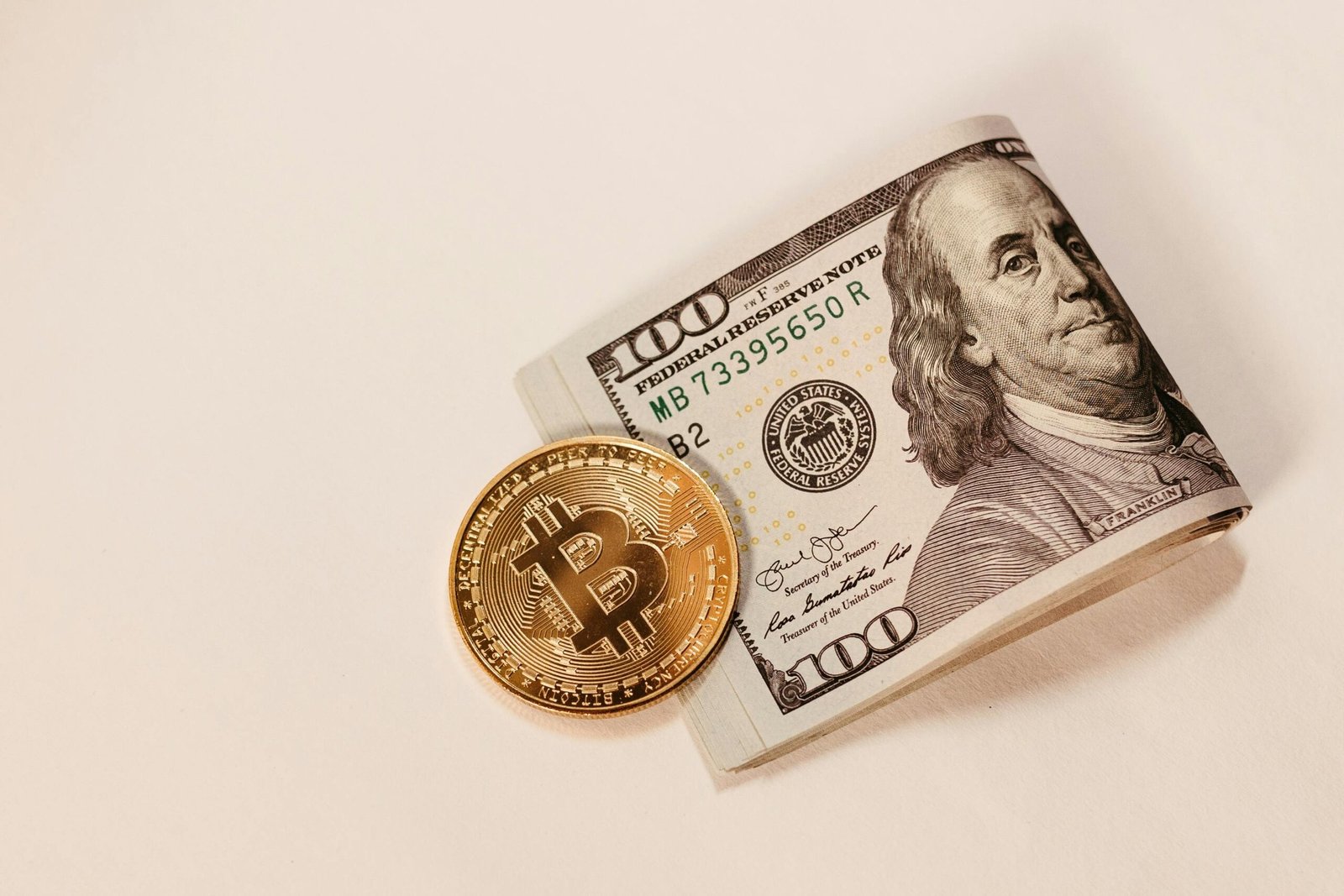Crypto startup Meanwhile has secured $40 million in financing to grow its Bitcoin-based life insurance business, focusing on economies with high inflation or currency instability where individuals may seek alternatives to conventional payouts in traditional currencies.
This Series A funding round was led by Framework Ventures and Fulgur Ventures, with additional investment from Xapo founder Wences Casares, as per the company’s announcement on April 10. Meanwhile previously secured $20.5 million in seed funding supported by OpenAI CEO Sam Altman and others.
Based in Bermuda and regulated by the Bermuda Monetary Authority, Meanwhile offers a whole life insurance policy denominated in Bitcoin (BTC), enabling policyholders to protect the value of their life insurance against currency debasement. Policyholders can access the value of their life insurance anytime through loans and tax-free partial withdrawals.
Meanwhile co-founder Zac Townsend told Fortune that the company’s life insurance policies work similarly to traditional policies, with monthly premiums paid in Bitcoin. Upon the policyholder’s death, their family receives the value of the claim entirely in BTC. Townsend noted that the target market for Meanwhile policies includes clients from regions with high inflation or currency instability.
While Bitcoin’s deflationary design has made it popular as a store of value for early crypto adopters, its role as an inflation hedge is a subject of debate. A 2025 study published in the Journal of Economics and Business found that Bitcoin’s ability to act as an inflation hedge has weakened in recent years due to rising institutional adoption. The study pointed to Bitcoin’s 60% drop in 2022 when US inflation surged to a 40-year high above 9%. However, some analysts argue that investors purchased Bitcoin during the pandemic in anticipation of rising inflation due to massive government stimulus.
Despite the debate, Bitcoin has significantly outperformed inflation since its inception. On April 10, the Bitcoin price dipped below $80,000 after the latest US inflation data caused market volatility. However, the report showed a decrease in annual inflation in March, with the Consumer Price Index falling to 2.4% from 2.8% in February.
